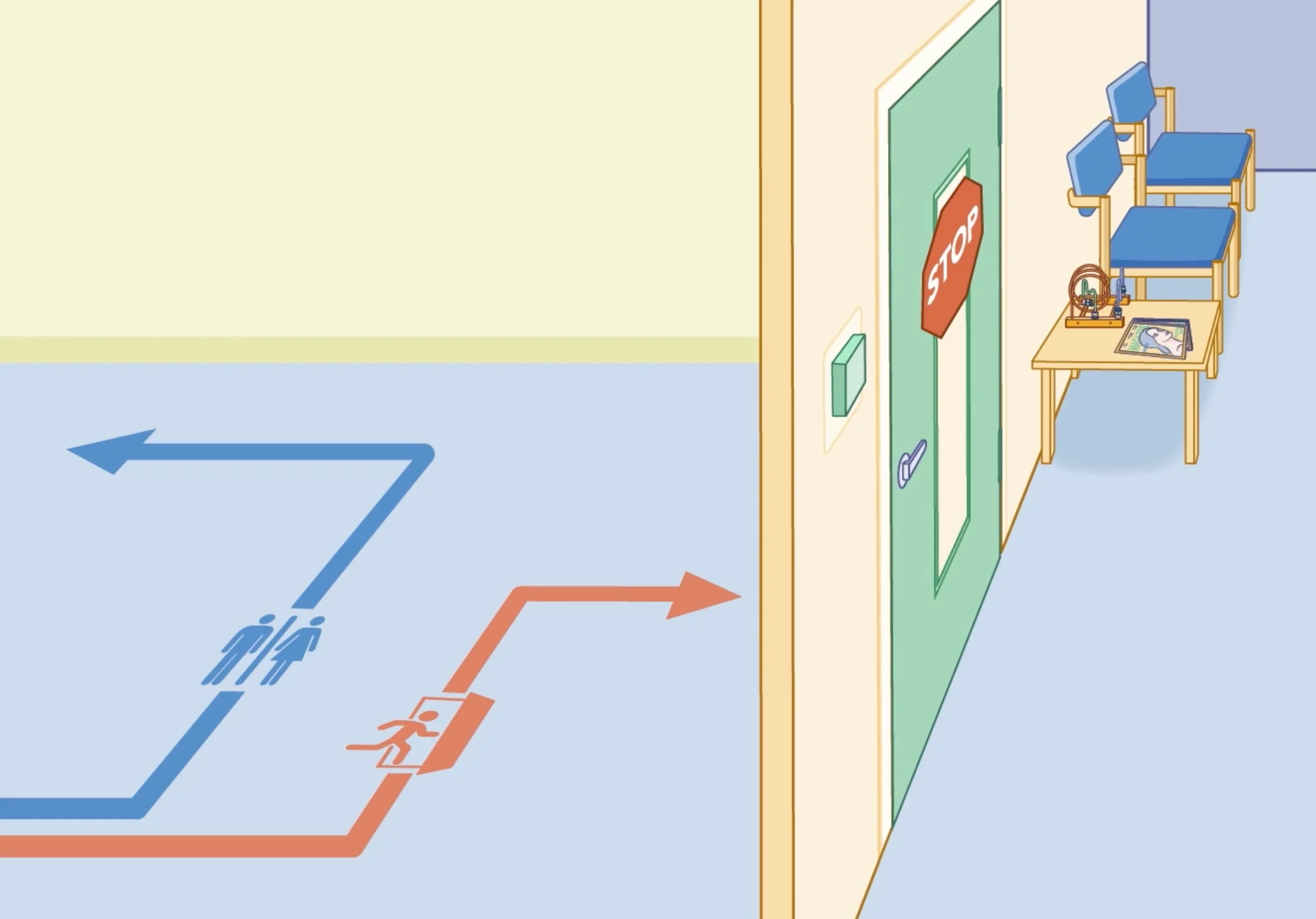Resource Details
Resource Format
Categories
Share:
Environments with tight spaces, and lots of noise and/or people are challenging for all patients, but especially those with the sensory issues that come with being autistic.
Some of the physical characteristics of an autism-competent clinical office or hospital include:
Fewer bright lights
A neat, orderly appearance, without too many magazines, video screens, or decorations
Quiet music and overhead sounds or none at all
Fewer smells from cleaning products or disinfectants
Calm neutral colors, keeping any areas of bright color to a minimum
Easy access to electrical outlets for keeping devices charged
Socially distanced seating
A quiet room or space separate from the waiting area
DOWNLOAD
A guide to share with providers to help them create an office space that’s better for everyone
An autism-competent office or hospital offers more than one way to communicate between patients and staff. These may include:
Email
Online scheduling and access to medical records (also known as patient portals)
Texting
Phone calls and voicemail
A tablet or communication board for use during an appointment
Our Clinician Course, Clinical Care for Autistic Adults, gives healthcare providers advice on how to create autism-competent spaces and train clinical staff to better serve the needs of autistic patients. The downloadable tip sheet can help patients to advocate for autism-competent care while directing clinicians on how to best provide that care.
An innovative example of autism-competent, neurodiverse healthcare can be found at All Brains Belong, a medical practice that takes a “whole life” approach.

Additional Resources






